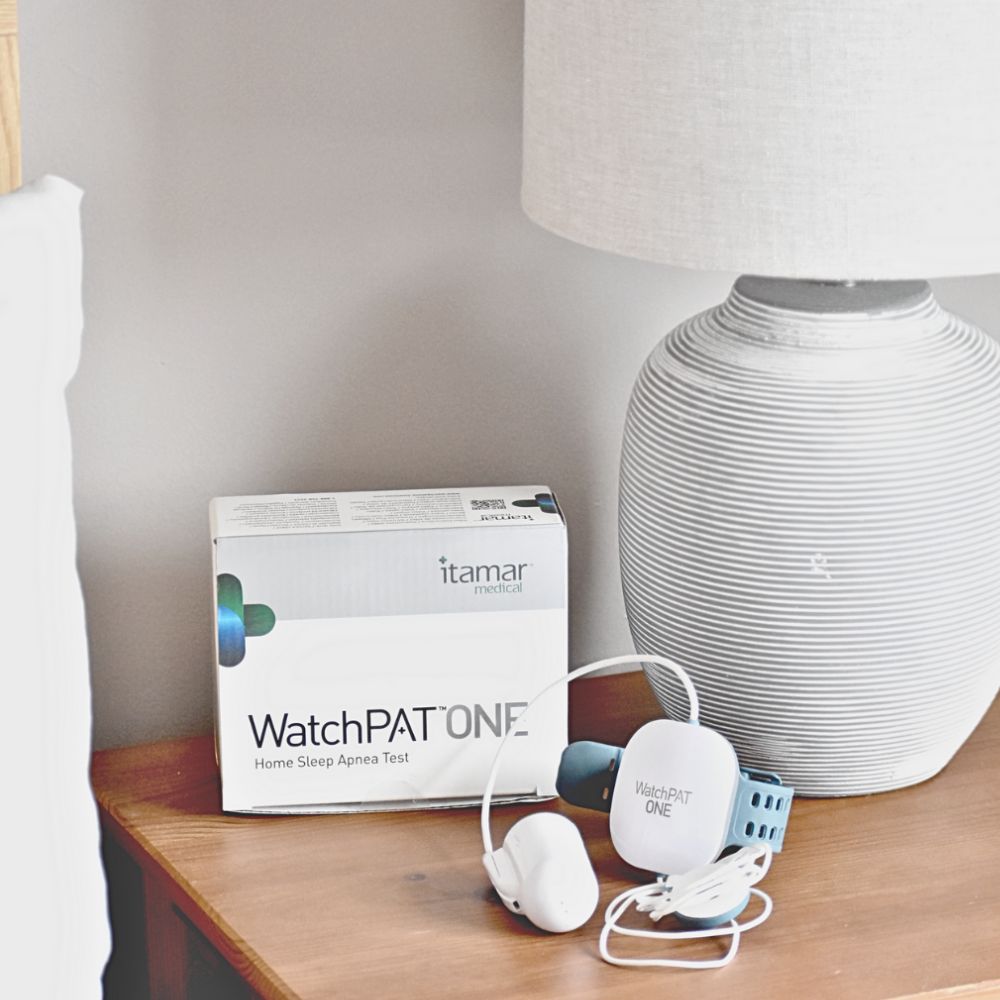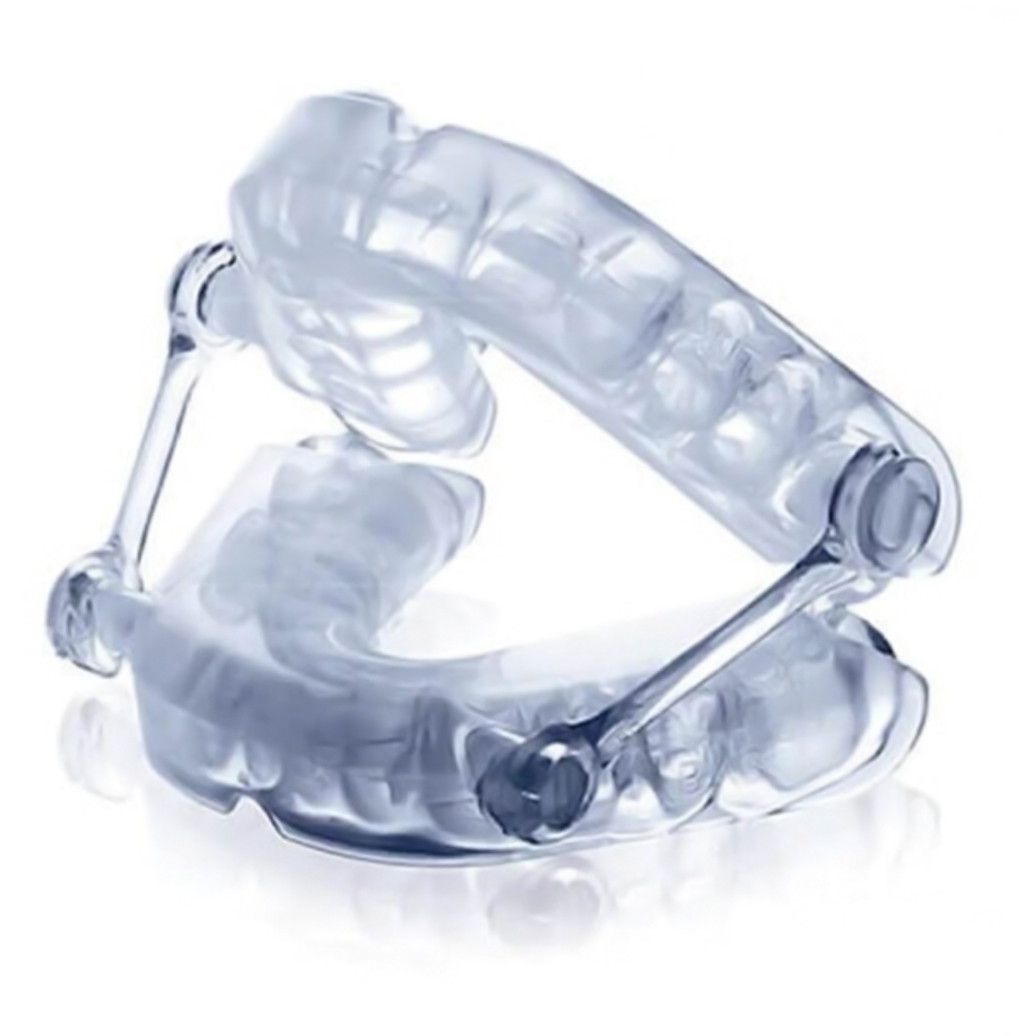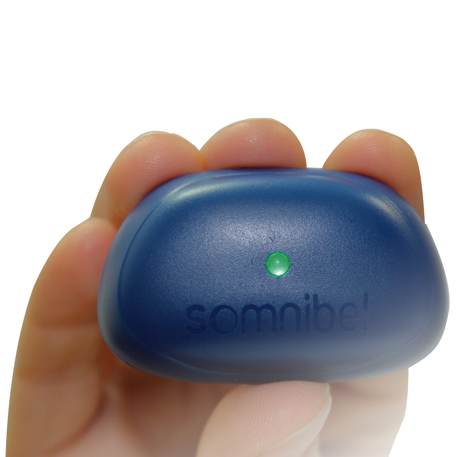Fact Checked
Intus Healthcare’s writers, customer service team, and sleep experts review and ensure this information is accurate.
Last updated on March 7th, 2024 at 10:38 am
Sleep Apnoea can have a negative effect on mental health, leading to mood swings, depression, and irritability. People with Sleep Apnoea are also more likely to experience stress and anxiety. Additionally, people with untreated Sleep Apnoea are at an increased risk of developing mental health conditions such as bipolar disorder, schizophrenia, and post-traumatic stress disorder. Treatment for Sleep Apnoea can help to reduce symptoms of depression, anxiety, and other mental health conditions.
Symptoms
- Mood changes: This can include feeling sad, anxious, irritable, or angry for extended periods, as well as sudden mood swings.
- Changes in behaviour: This can include changes in sleep patterns, appetite, energy levels, or lack of interest in activities that used to be enjoyable.
- Difficulty thinking or concentrating: This can include feeling confused, forgetful, indecisive, or poor memory.
- Unusual thoughts or perceptions: This can include having thoughts of harming oneself or others, hearing voices, or experiencing delusions.
- Physical symptoms: Some mental health conditions can cause physical symptoms, such as headaches, stomach problems, or body aches.
Causes
Reduced sleep significantly affects the brain and can make simple daily tasks difficult. Adults are advised to sleep between 7 to 8 hours every night to function properly throughout the day.
Poor sleep is closely related to many mental health conditions. When your sleep is repeatedly interrupted by apnoeas caused by OSA, oxygen to the brain is also interrupted. The reduced oxygen supply to the brain changes brain function and increases the likelihood of mental health conditions. In addition, waking up choking and having difficulty breathing causes stress on the brain, inducing panic attacks and anxiety.
Sleep Apnoea and The Effect on Brain Chemicals
Sleep Apnoea can affect the brain chemicals responsible for regulating sleep and wake cycles. When breathing is disrupted during sleep, the body is deprived of oxygen, which can alter the production of hormones and neurotransmitters, such as dopamine, serotonin, and melatonin. This can lead to disturbances in sleep, mood, and concentration.
Research has found that those who suffer from Sleep Apnoea have higher levels of the brain chemical Glutamate (Glutamic acid) and lower levels of GABA (Gamma-aminobutyric acid)1. The imbalance of these chemicals increases mood swings and contributes to brain damage. GABA is a brain chemical that has a calming effect, helping control our mood and prevent the development of psychological conditions (depression, bipolar and anxiety).
The research also found that those with lower levels of GABA experience major depressive episodes and anxiety disorders2. Too much of the excitatory neurotransmitter Glutamate can cause nerve cells in the brain to become overexcited and has been found to be associated with mental health conditions.
When a person consistently gets little to no sleep from untreated Sleep Apnoea, they can develop hallucinations – a common experience for people with schizophrenia. Those with schizophrenia are more likely to suffer from Sleep Apnoea3.
A study found almost one-half of patients with untreated OSA had a mental illness4. The study supports the advice that treatment for OSA should be taken to restore the balance of brain chemicals, improve sleep quality and control the prevalence of airway obstructions and mental health conditions.

Mental Health & Sleep Apnoea
Mental health conditions do not occur without a trigger to the brain, so let’s take a closer look at the relationship between some common mental health issues and how they can be affected by the quality of your sleep.
OSA and Depression
Depression is one of the most extensive mental health conditions, affecting around 1 in 6 people in the UK5. Untreated Obstructive Sleep Apnoea can cause a person to have mood swings. Over time, these mood swings can worsen and develop into major episodes of depression.
Those who suffer from depression or anxiety usually have problems sleeping; insomnia is one of the common symptoms of depression. Sleep Apnoea and depression are closely linked, and treating OSA can reduce the symptoms of depression and eliminate the inability to sleep.
OSA and Anxiety
Sleep deprivation encourages the anxious mind. It is estimated that over 8 million people are experiencing an anxiety disorder at any one time in the UK, equating to around 1 in 105. There are many anxiety disorders: panic disorders, social anxiety, OCD, phobias, PTSD and more.
Anxiety’s worry and fear on the brain contributes to hyperarousal (difficulty relaxing), which is a central contributor to sleep disorders. Sleep interruptions put you at a higher risk of developing anxiety disorders.
OSA and Stress
Sleep Apnoea can increase stress levels, both physically and psychologically. People with Sleep Apnoea may experience fatigue, irritability, and difficulty concentrating, contributing to increased stress.
Most people commonly discover they suffer from Sleep Apnoea because their partner notices them snoring or choking in their sleep. Snoring often keeps a bed partner awake, affecting their ability to get a restful night’s sleep. When both people in the relationship are not sleeping, stress is doubled, and tensions can arise. This tension and stress can even prompt a partner to sleep in a separate bedroom.
Long-Term Effects
These conditions encourage the other, whether you suffer from mental health or OSA. That is why it is vital to seek treatment for Sleep Apnoea if you are showing any or all the signs. Left untreated, Sleep Apnoea puts you at a higher risk of many health complications. Improving your sleep quality can ultimately help your mental state
Psychological Complications From Untreated OSA:
- Suicidal thoughts
- PTSD
- Anxiety
- Depression
- Bipolar
- Stress
- Impulsive behaviour
- Paranoia
Solutions
CPAP Therapy
CPAP therapy is the most effective form of treatment for OSA. A CPAP machine provides continuous pressurised air via a tube into a mask, keeping the airway open to prevent breathing interruptions.
If you complete a Sleep Study and are confirmed to have OSA, CPAP therapy may be advised.
Mandibular Advancement Device (MAD)
Oral appliances such as Mandibular Advancement Devices are small mouth guards that work to keep your airway from obstructions.
The device gently pulls your lower jaw and tongue forward to create more space at the back of your throat, reducing snoring and apnoeas (breathing pauses).
Positional Therapy
Positional sleep therapy trainers work to encourage the user to sleep on their side to prevent Obstructive Sleep Apnoea. Sleeping on your side can help those with mild to moderate OSA; the device vibrates when the user rolls onto their back, alerting them to roll back onto their side.
Take a look at the Somnibel Positional Sleep Therapy Trainer or our Anti-Snoring Belt if you would like to try positional therapy.
Lifestyle Changes
Depending on the severity of a person’s OSA, lifestyle changes will have a varying impact. For those with less severe Sleep Apnoea, lifestyle changes can significantly reduce symptoms. Some examples of changes you can make include:
- Quitting smoking
- Reducing alcohol consumption
- Losing weight
- Regularly exercising
- Changing sleeping position
Summary
Untreated OSA can lead to mental health conditions, but getting the correct treatment can help you manage both.
Please visit www.mentalhealth.org.uk if you need any support with your mental health. You can also contact us to speak to our friendly team if you think that Sleep Apnoea could be the route cause.

In-Home Sleep Test
If you think you have Sleep Apnoea and it has not yet been confirmed, our fast and accurate In-Home Sleep Test can help you take back control. Take your test, and within two working days, you will be able to rule out OSA or begin the process of treating your symptoms.
The sleep test requires only one night of sleep (4 hours), and the data is reviewed by our expert sleep technicians.
REFERENCES
- Macey, P.M. et al. (2016) ‘Obstructive sleep apnea is associated with low gaba and high glutamate in the insular cortex’, Journal of Sleep Research, 25(4), pp. 390–394. doi:10.1111/jsr.12392.
- Kalueff, A.V. and Nutt, D.J. (2006) ‘Role of GABA in anxiety and depression’, Depression and Anxiety, 24(7), pp. 495–517. doi:10.1002/da.20262.
- Winkelman, J.W. (2001) ‘Schizophrenia, obesity, and obstructive sleep apnea’, The Journal of Clinical Psychiatry, 62(1), pp. 8–11. doi:10.4088/jcp.v62n0103.
- Shoib, S. et al. (2022) ‘Prevalence of mental illness in patients with obstructive sleep apnea – a cross-sectional study from Kashmir, India’, Annals of Medicine & Surgery, 80. doi:10.1016/j.amsu.2022.104056.
- Depression statistics UK: 2023 data (2023) Champion Health. Available at: https://championhealth.co.uk/insights/depression-statistics/ (Accessed: 09 May 2023).







